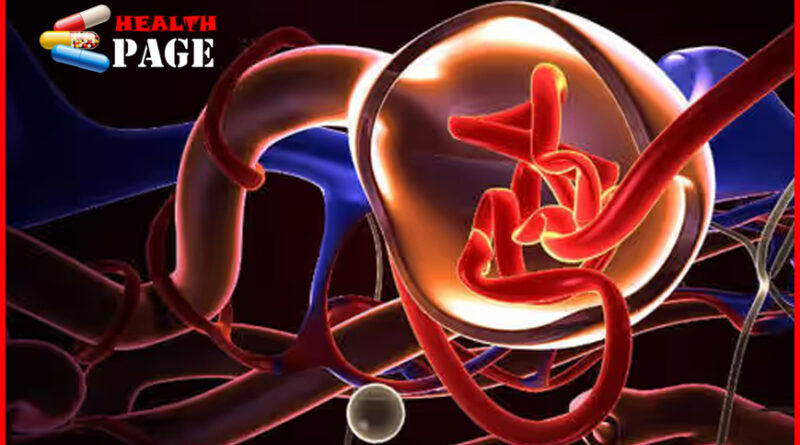What should I do if a physical examination reveals high urine protein?
Many patients are very scared when they see the + sign on their test results, and they don’t know what to do. In fact, as long as you treat this problem with caution, urine protein is not as serious as you think.
Because the method of using “+” to reflect the degree of proteinuria in urine routine examination is not accurate, it is used to screen patients. This test is fast but not accurate enough. All abnormal results of “+” proteinuria in urine routine examination must be confirmed by quantitative proteinuria test. To help clinical doctors and kidney patients make objective, comprehensive and accurate judgments on proteinuria.

Generally speaking, there are many reasons for increased urine protein, such as colds, fatigue, strenuous exercise, diabetes, kidney disease, etc. In other words, urine protein does not necessarily mean kidney disease, there is also physiological urine protein. Physiological proteinuria is a result of the body being under stress, and is generally transient. For example, after strenuous exercise, fever, or under the influence of special factors such as high temperature, cold, and mental stress, the kidney filter membrane may undergo a transient permeability change and leak a small amount of proteinuria.
After the environmental factors change, the normal state will return quickly. This is also the case for some pregnant women in the late stages of pregnancy. Due to uterine compression and increased kidney workload, the protein in the urine can increase slightly, and most of them can be relieved after delivery. This is not a disease state, let alone a kidney disease. It can be seen that positive urine protein is not necessarily a kidney disease.

Physiological proteinuria has the following characteristics:
1. The amount of urine protein is relatively small, generally not exceeding 0.5 g/24 hours;
2. The protein has a small molecular weight and is classified as a small molecule protein;
3. Common causes: such as fever, excessive fatigue, and eating a large amount of high-protein food;
4. There are no symptoms related to kidney disease, such as edema, hematuria, hypertension, severe low back pain, etc.
Therefore, if you find that the urine protein is positive, do not panic. You must consult a doctor carefully and do an analysis of the urine protein components. Combined with the clinical symptoms, determine whether it is pathological urine protein leakage or physiological urine protein.
When the final diagnosis is renal proteinuria , further relevant examinations are needed, such as 24-hour urine protein quantification, blood biochemistry, color ultrasound, and renal puncture when necessary.

What should we pay attention to in our daily diet after the appearance of urine protein?
First of all, it is advisable to eat light and easily digestible food, avoid seafood, beef, mutton, spicy food, and alcohol; it is advisable to eat fresh vegetables and appropriate amount of fruits, drink water in moderation, and eat low sugar and low fat. All kidney patients are prohibited from taking nephrotoxic drugs such as streptomycin, gentamicin, and amikacin, and Chinese medicines such as Aristolochic
acid drugs such as Akebia and Aucklandia are prohibited.

If you occasionally find a plus sign in urine protein, don’t worry too much, you can further check to confirm. One plus sign does not mean that it is renal urine protein, and repeated checks are needed to determine the pathological type. If a small amount of urine protein is found during the examination, accompanied by high blood pressure, high blood sugar, etc., then you need to pay attention to it and check urine routine regularly.
Generally speaking, if a large amount of urine protein continues to leak out of the body, it often means that kidney function is damaged and you need to see a doctor as soon as possible to avoid missing the best time for treatment.



Pingback: If you have cancer in your body, your stool will tell you.